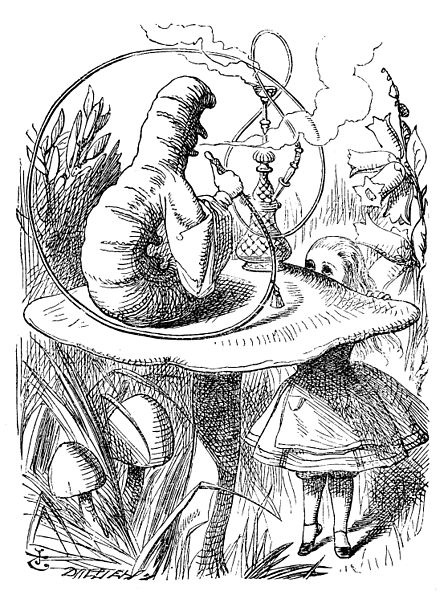Today’s Poem: You Are Old, Father William
Lewis Carroll has some fun with Robert Southey; Alice, down the rabbit hole, fails another test.

Keep reading with a 7-day free trial
Subscribe to Poems Ancient and Modern to keep reading this post and get 7 days of free access to the full post archives.



